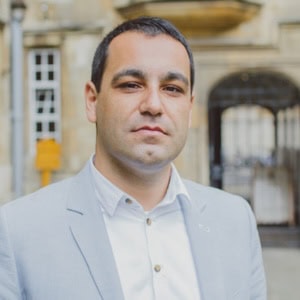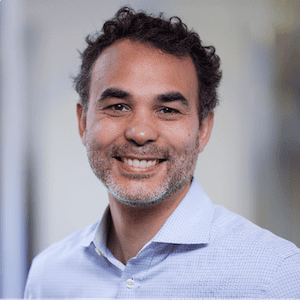-
Weekly Roundup: India’s Demonetization Gets Ugly, Health Care’s Last Mile Gets Shorter and Coke Comes to Gaza
Indian Prime Minister Modi’s surprise move to ban 1,000 and 500-rupee notes early last month, ostensibly to crack down on black money, has mushroomed into a full-blown crisis. Are the financial inclusion benefits worth the cost? We explore this and many other topics in the roundup.
- Categories
- Health Care, Investing
-
An Opportunity for Small Businesses Expanding Affordable Internet Access: Grant Applications Open
New Sun Road designed, built and operated the first 24/7 metered electricity service on an off-grid island chain in the southern part of Uganda. It's exactly the type of small business – providing a critical service, creating jobs – that Microsoft aims to support with its Affordable Access Initiative. Applications are open for a new round of grants through the initiative, and will be accepted through Jan. 31.
- Categories
- Technology
-
New Pathways to Financial Inclusion for Low-Income Women
Developing countries have made great strides on financial inclusion in recent years, but a gender gap remains. A new report analyzes women’s stories and their detailed cash flows over time from financial diaries data collected in Kenya, India and Mexico, offering insight into why women in emerging economies don’t use formal financial services to the same extent as men.
- Categories
- Uncategorized
-
An MVP for Africa: Adapting Poverty Solutions to New Continents and Contexts
Fundación Capital has had success fighting extreme poverty in Latin America, using the Graduation model. Now it's transporting the model to new cultures and contexts on the other side of the Atlantic, starting in Tanzania and Mozambique. Fundación discusses the challenges it has faced in adapting its model to new languages and cultures, and the lessons it has learned in the process.
- Categories
- Education, Technology
-
Breathing Life Into Oxygen Access: How New Partnerships are Saving Lives
Oxygen is a precious and rare commodity in health facilities in developing countries, and thousands of babies die for lack of it every year specifically in sub-Saharan Africa, where oxygen is seldom available and is very expensive. Partnerships such as Hewa Tele have made a dent in the global crisis, but the problem requires a concerted effort to scale solutions around delivery, knowledge and policy.
- Categories
- Health Care
-
Social Investing’s Pension Problem: Just a Speedbump, or Something More Ominous?
The respected Center for Retirement Research at Boston College says public pension funds (a $5 trillion market in the U.S.) should avoid social investing because, basically, it doesn’t deliver competitive returns or have much social impact. This bleak assessment runs directly counter to the seemingly endless series of reports attesting to the sector’s competitive returns and growing momentum. How big a setback is this?
- Categories
- Investing
-
Paid, But Not Paying Off: Why G2P Payments Are Not Yet Driving Financial Inclusion
In 2012, the government of South Africa started making government to person (G2P) payments directly into bank accounts. While that move made the payments more efficient, it's been less effective in ensuring that recipients reap the benefits of being financially included. Turns out, very few, if any, of these recipients use their new bank account for anything other than withdrawing their cash.
- Categories
- Technology
-
The Private Sector’s Perspective on Sustainable Development Goals
With the one-year anniversary of the United Nations’ 2030 Agenda for Sustainable Development approaching in January, a new report reminds us that the UN can and should play a more active role in educating and informing companies on the “universal” dimensions of the SDGs, and of the importance of continuing to translate the new agenda into language and simplified reporting metrics that are palatable for businesses of all sizes.
- Categories
- Investing










